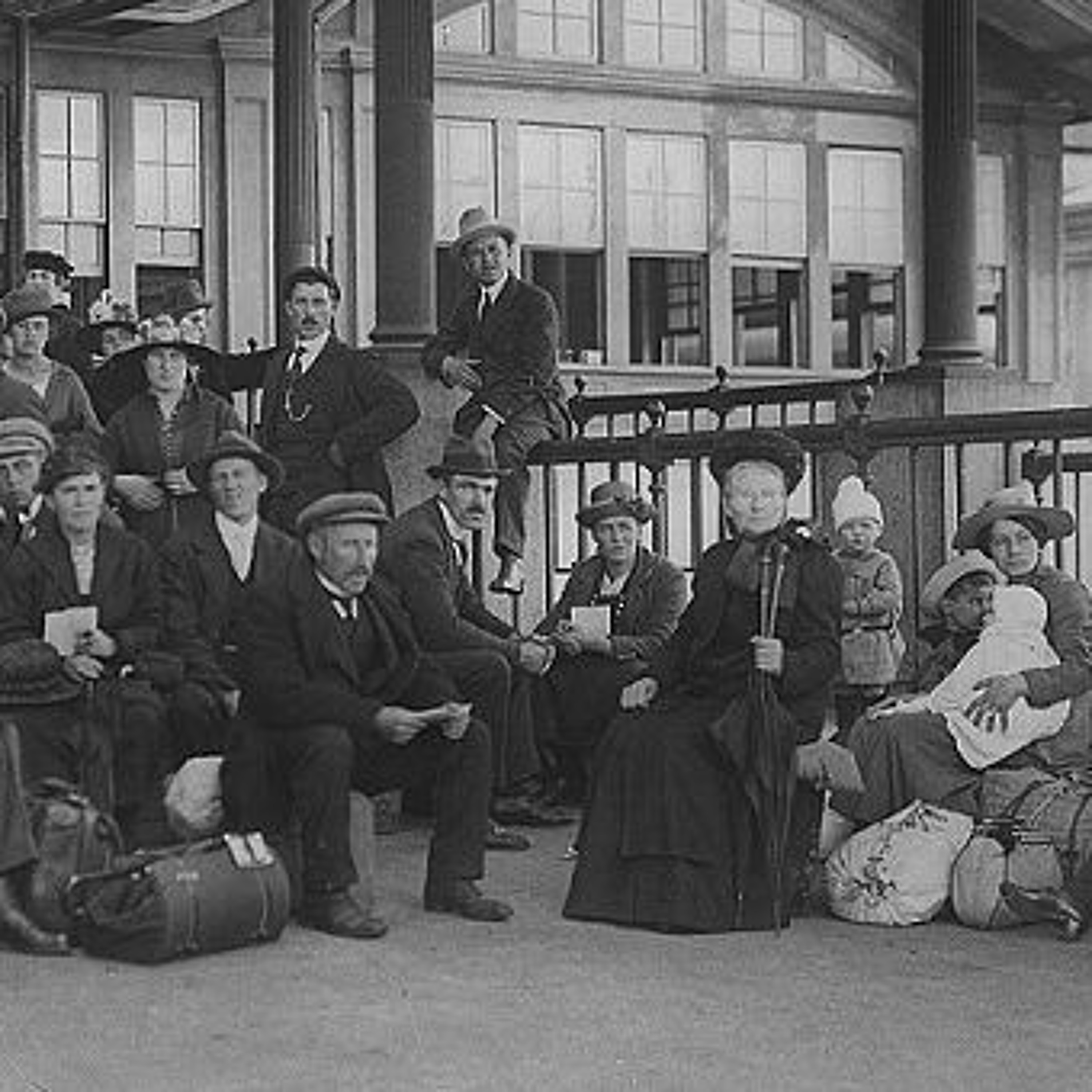
The Rise of the American Deportation State | Emily Pope-Obeda
 2018-08-21
2018-08-21
Download
Right click and do "save link as"
E371 | In recent decades, the US has come to deport hundreds of thousands of people every year. However, the origins of the laws and institutions that facilitate deportation are much deeper. In this episode, we focus on the period of the 1920s, the era during which the US began to deport thousands of people each year for the first time in its history. As our guest Emily Pope-Obeda explains, deportation involved the coordination of various levels of the state and reflected social anxieties about morality, poverty, sexuality, and race during a period of insularity and anti-immigrant sentiment in American history.
Emily Pope-Obeda received her PhD in History in 2016 from the University of Illinois at Urbana Champaign. She spent the 2016-2017 academic year as a Visiting Fellow at the James Weldon Johnson Institute for the Study of Race and Difference at Emory University. She is currently a lecturer in the History and Literature program at Harvard University, where she working on a book manuscript on the American deportation system during the 1920s.
Chris Gratien is Assistant Professor of History at University of Virginia, where he teaches classes on global environmental history and the Middle East. He is currently preparing a monograph about the environmental history of the Cilicia region of the former Ottoman Empire from the 1850s until the 1950s.
CREDITS
Episode No. 371
Release Date: 14 August 2018
Recording Location: Harvard University
Audio editing by Chris Gratien
Music: Kirishima Noboru - Akagi Blues
Bibliography courtesy of Emily Pope-Obeda available at https://www.ottomanhistorypodcast.com/2018/08/deportation-state.html
more at http://www.ottomanhistorypodcast.com/p/doa.html
view more
More Episodes
Islam at a Crossroads in West Africa
 2021-01-12
2021-01-12
 2021-01-12
2021-01-12
The Early Modern Islamic World
 2021-01-03
2021-01-03
 2021-01-03
2021-01-03
Life in the Mamluk Sultanate
 2020-12-05
2020-12-05
 2020-12-05
2020-12-05
012345678910111213141516171819
Create your
podcast in
minutes
- Full-featured podcast site
- Unlimited storage and bandwidth
- Comprehensive podcast stats
- Distribute to Apple Podcasts, Spotify, and more
- Make money with your podcast
It is Free
- Privacy Policy
- Cookie Policy
- Terms of Use
- Consent Preferences
- Copyright © 2015-2024 Podbean.com



